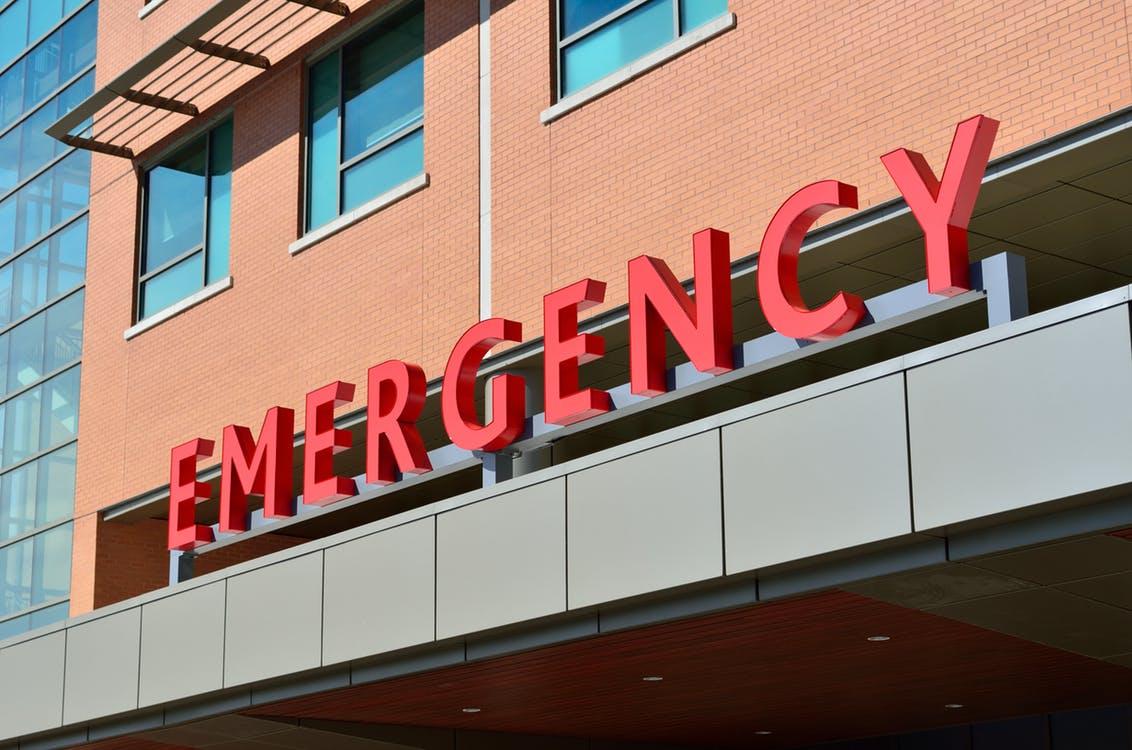A service in the emergency department of the Northern Hospital is ready to help people who are struggling with alcohol and other drug (AOD) issues during the festive season.
The AOD After Hours service funded by Eastern Melbourne Primary Health Network (EMPHN) and operated by NorthWestern Mental Health, helps people access support in a safe environment, in the evenings and on weekends when there is higher demand.
On New Year's Day, emergency department visits due to alcohol-related problems increase by 50 per cent.
Since launching, the service has supported more than 270 people who have presented to the emergency department – most due to excessive alcohol consumption, which continues to be main cause of substance-related harm in Whittlesea.
Patient, Cameron Meyers* recently presented to the emergency department and found the After Hours AOD service extremely helpful.
“I found [the service] to be knowledgeable, compassionate and realistic. They answered questions I didn’t even know I had. I was given leads and resource,” Mr Meyers said.
EMPHN CEO Robin Whyte said as we head into the Christmas and New Year’s period, the program will provide timely screening, assessment and referral for patients needing support to improve their immediate and long-term health outcomes.
“By increasing access to appropriate services after-hours, we ensure people in our community receive the support they need, when they need it and when they’re motivated to change,” she said.
Emergency Mental Health Service Program Manager Sharon Lont said through early engagement the program can assist in reducing demand in emergency departments and the number of re-presentations.
“The service helps reduce our wait times, but what’s really great is that people are getting appropriate treatment through a specialised service which opens treatment pathways,” Mr Lont said.
A quarter of patients have been referred on to an AOD community service for follow-up and support after discharge.
